Charge point operators unite to create Spark Alliance
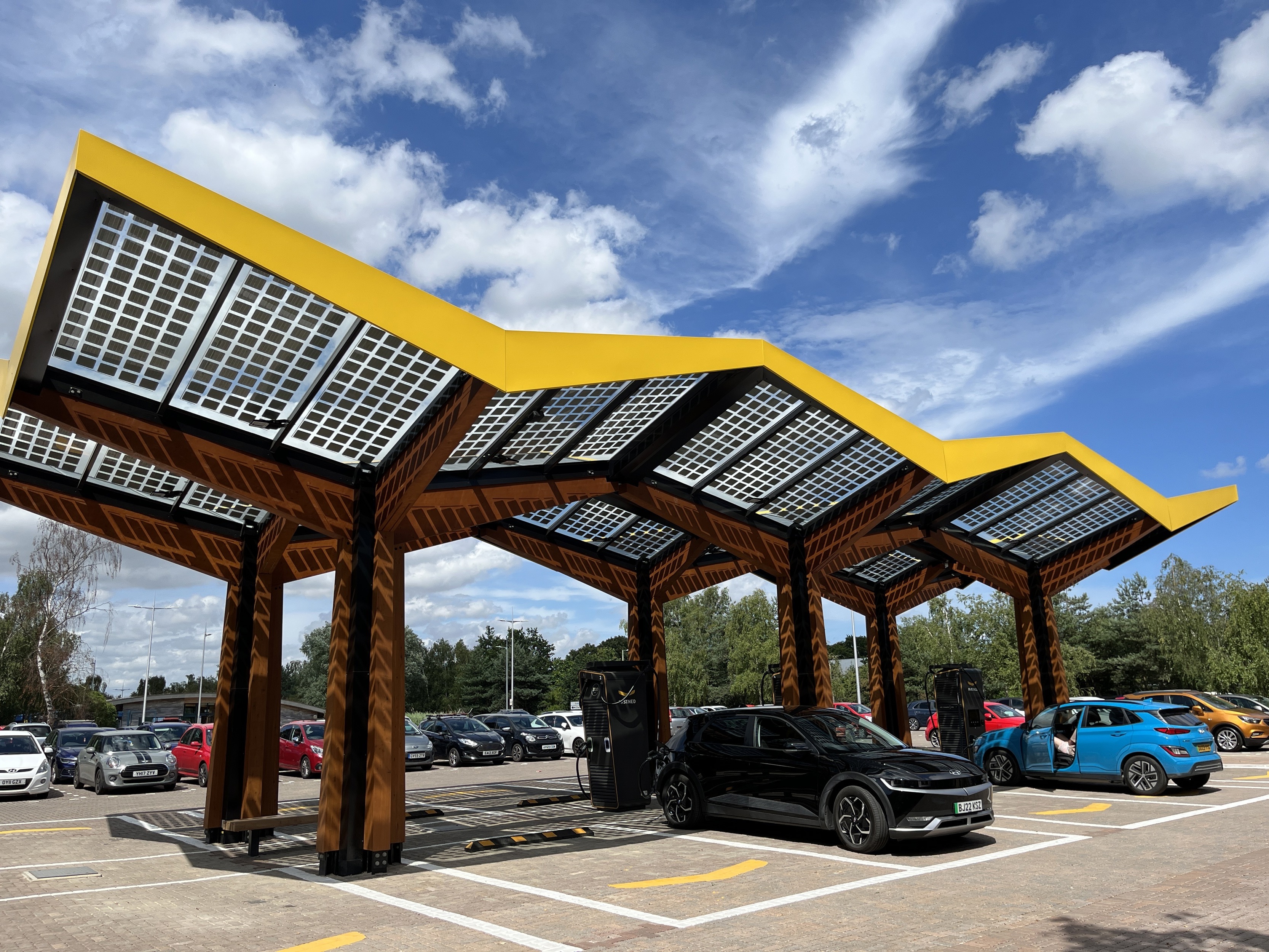
Four leading European electric vehicle (EV) charging companies have partnered to create the Spark Alliance public charging network.
The CEOs of Atlante, Electra, Fastned and Ionity confirmed the collaboration on Wednesday (April 2) at the Cercle de l'Union Interalliée in Paris.
It will enable drivers to access, charge and pay at any of more than 1,700 Spark Alliance member stations via any one of the operator’s app.
Jeroen van Tilburg, CEO at Ionity, said: “Our collaboration, powered by Europe’s leading dedicated charging operators, marks a major step forward and sends a strong signal for e-mobility in Europe: reliable fast charging, simplified across 25 EU countries.
“United by a shared mission, we’re paving the way for a new era of clean, seamless travel across Europe.”
Partnership to make EV charging more accessible for heavy-duty vehicles
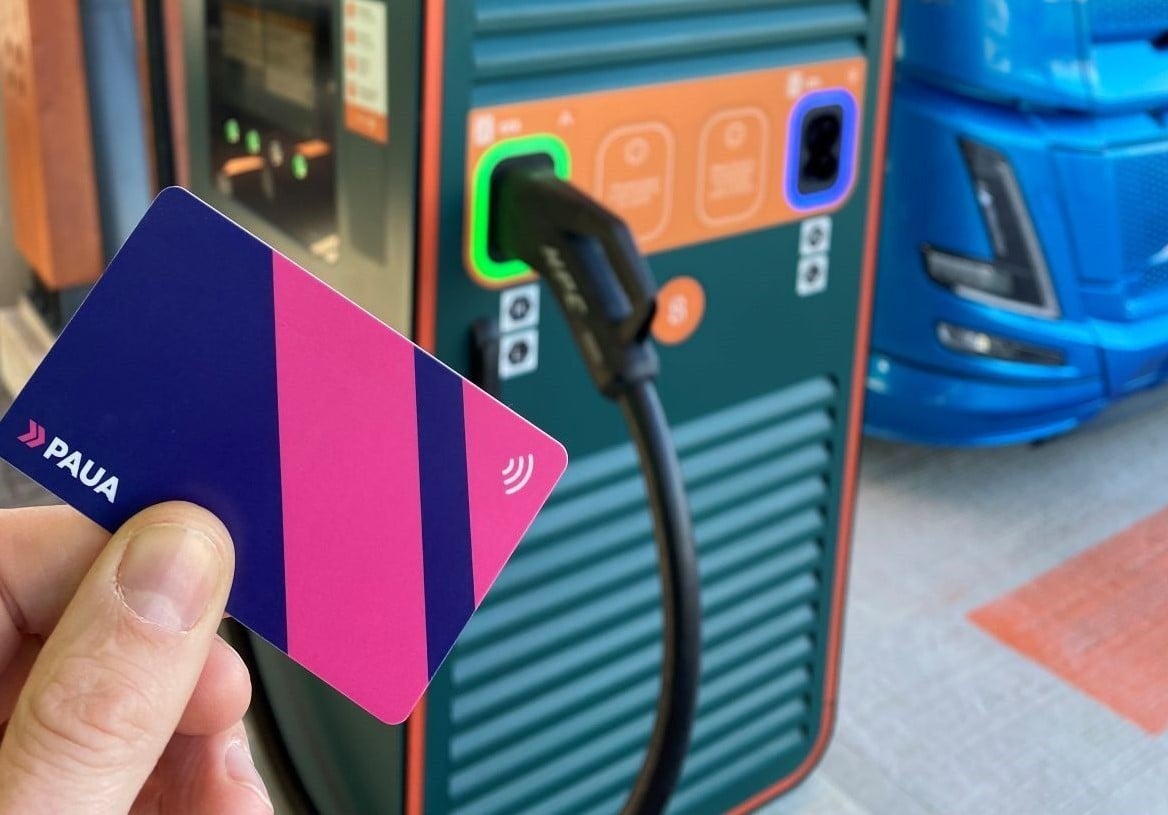
Paua has struck a deal to integrate Milence’s high-power charging network for electric trucks into its platform.
Through the partnership, businesses operating electric trucks can now access Milence’s charging hubs using Paua’s charging platform.
Milence operates 16 locations across Europe, including one operational site in the UK at Immingham, with a planned future site in Kent.
Each site is dedicated to truck charging and is equipped with high power chargers and is 100% renewable powered. Immingham has 4 x 400kW CCS chargers powering eight charging bays.
Niall Riddell, CEO and co-founder of Paua, said: “By bringing electric truck charging into our platform, we are making it easier than ever for businesses to transition to zero-emission transport.
“Our vision is to remove the barriers to EV adoption, and this collaboration is a key milestone in that journey.”
Ionity introduces new rapid charging tariff
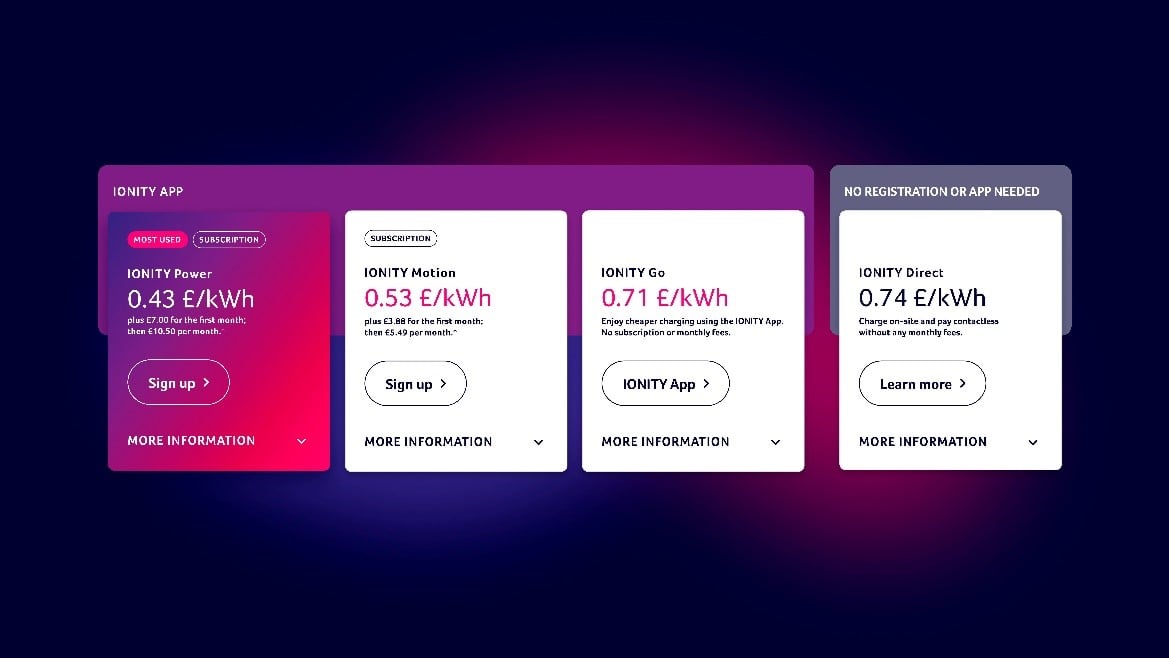
Ionity has launched the Ionity Go tariff allowing users to charge at all of its 4,800 charge points with up to 400kW of power for 0.71 GBP per kWh, with no subscription or monthly fees required.
Accessible through the Ionity app, which allows allows users to plan routes, find stations, track charging progress, and pay for charging sessions across 24 European countries.
Users start and end sessions directly from the app without interacting with the station.
“Ionity Go and the Ionity app empower drivers to charge on their terms with simplicity, speed, and flexibility,” said says Jeroen van Tilburg, CEO of Ionity. “It's e-mobility done right.”
Launch of new ‘Insiders’ Guide’ to help speed up EV charging hubs
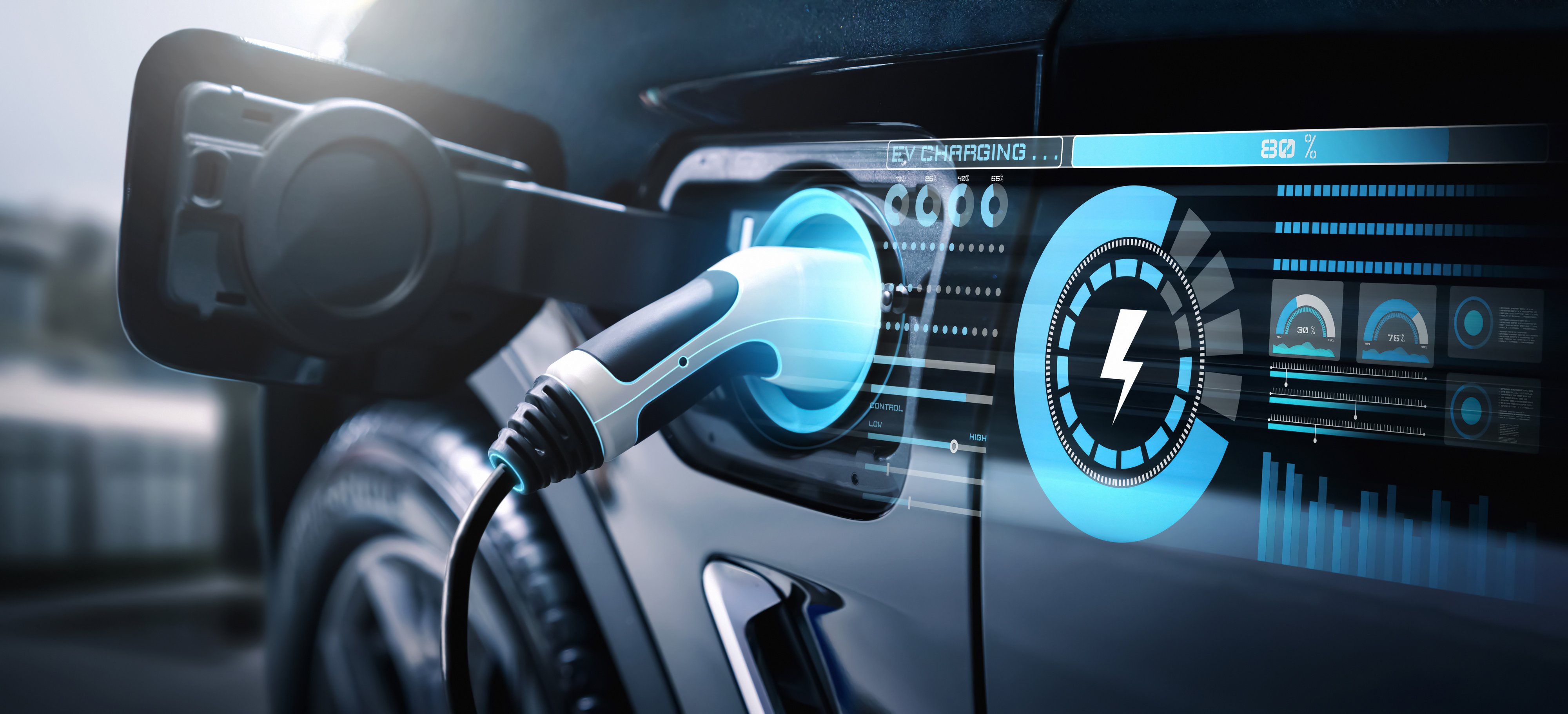
UK Power Networks has published a new guide, to set out what land consents need to be in place before installers apply to connect their site to electricity grid.
Every year the firm receives up to 100 applications from customers wanting to connect an EV charging hub site, and some require 3MVA of power - equivalent to powering more than 2,000 homes.
The new online guide sets out the hierarchy of consents required and also aims to streamline to connection process.
Four common scenarios are profiled, to help readers relate the information to their own situation.
Neil Madgwick, head of connections service delivery said: “Having the correct access and licensing arrangements can dramatically speed up the connections process, enabling sites to be up and running in weeks rather than months.”
UK Power Networks provides a wrap-around service to manage the final connection to the local electricity grid, working closely with the operator and their independent connections provider from site design to energisation.
Madgwick added: “This helps ensure that they can take advantage of our innovative products, so they stay in control and don’t need complex leases and wayleaves.”
New eMobility eHub creates better employee travel options
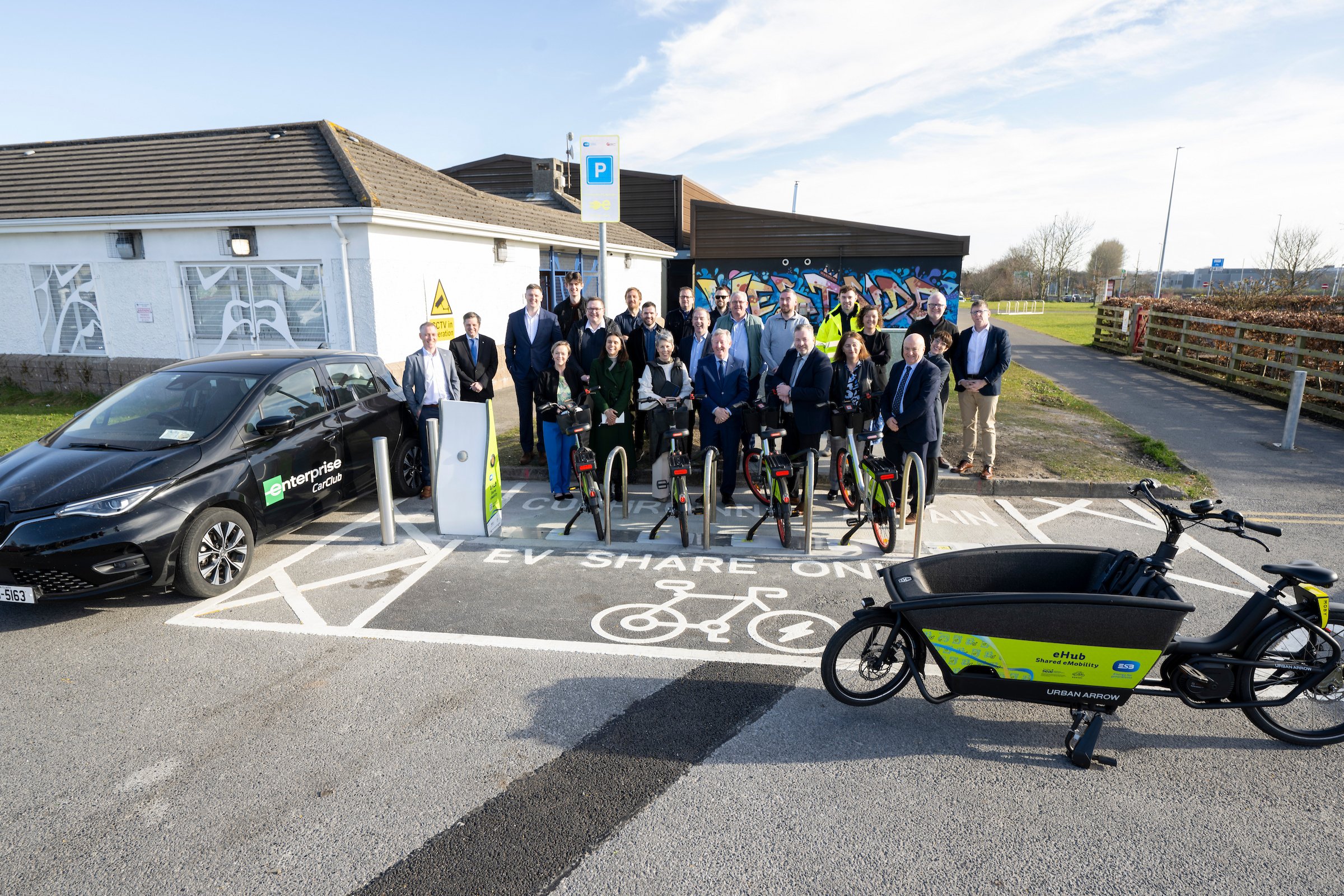
Trinity College Dublin, together with Atlantic Technological University (ATU), ESB and Enterprise Car Club, have launched the first of four shared eMobility eHubs at Westside Library Car Park at the heart of the decarbonisation zone in Galway City.
Additional eHubs will open at sites in Dundrum, Letterkenny and Waterford over the coming months.
The eHub sites will provide improved transport options for Galway’s many hospital and public sector workers, as well as local businesses requiring employee mobility, who will be able to try a range of shared public travel options that they might not normally have considered for work-related travel.
Each of the purpose built eHub sites will include an ESB charge station to charge the shared EVs, as well as one e-cargo bike and four e-bikes.
The two shared EVs have been provided by Enterprise Car Club and are available to book by the public for an hour or by the day to suit a range of travel needs.
The eHubs are part of a wider strategy in Ireland to encourage public use of shared transport, help reduce congestion and parking problems in cities and meet emission targets.
Dan Gursel, director of Enterprise Car Club, said: “Connected mobility solutions means better travel for businesses, residents and stakeholders, helping to reduce emissions and congestion which can significantly affect local communities.”
Roadchef opens new 360kW chargers on M4
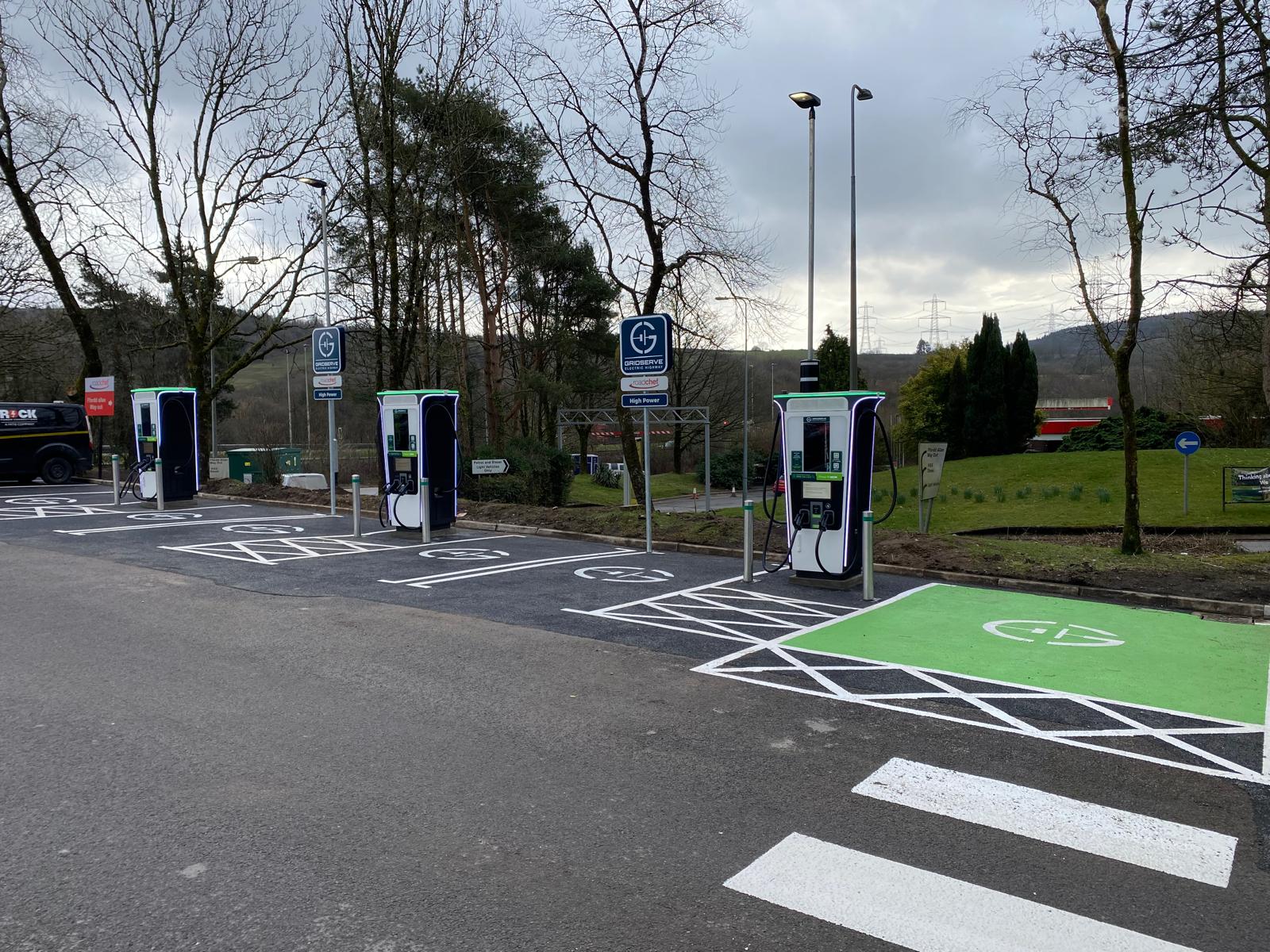
Roadchef has unveiled six new high-powered 360kW electric vehicle chargers at its Pont Abraham site on the M4 at junction 49.
In addition to the charging facilities, visitors to Pont Abraham Services can take advantage of a range of amenities, including two hours free parking, free Wi-Fi and a selection of shopping and dining options.
Roadchef’s expansion at Pont Abraham strengthens Wales’ charging network, adding to the more than 670 rapid and ultra-rapid charge points available across the country.
Peabody adds Northgate electric cargo bike to its fleet
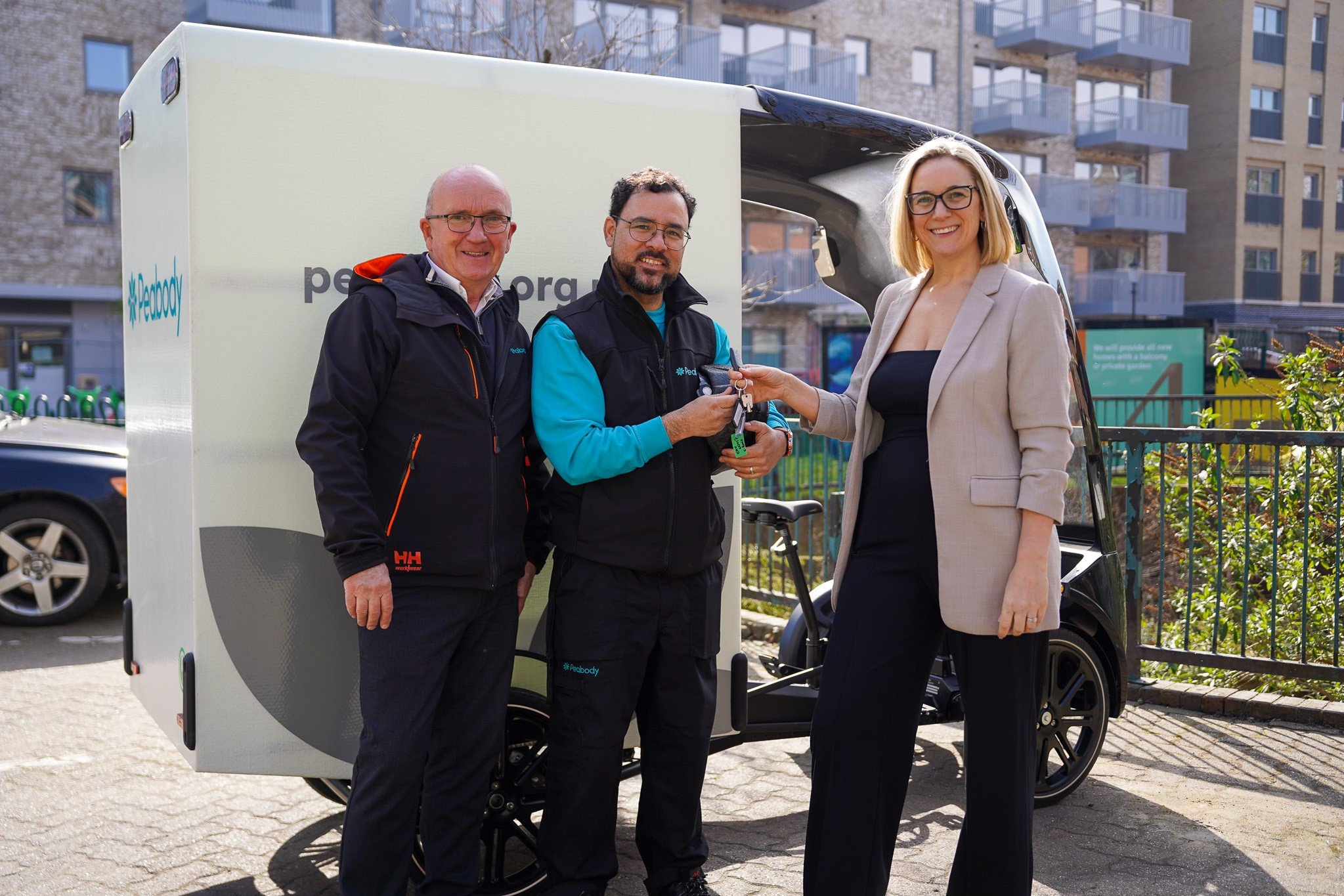
London housing association Peabody has taken delivery of its first electric micromobility vehicle from Northgate.
It will halve the time it takes caretakers to travel between homes in the Earls Court area of West London, giving them more time to keep residents’ communal areas clean and tidy.
The electric cargo bike can travel about 25 miles on one charge and can use bus lanes.
“There are lots of benefits to having a micromobility vehicle like this on our fleet,” said Eugene Brown, Peabody’s head of estate services for northwest London.
“It is kinder to the environment than our traditional vehicles and will make it much easier for caretakers to move between estates with their equipment.
“By using bus lanes, it can avoid traffic jams and parking will be much easier as caretakers can park it in communal paved and garden areas while they service sites.”
Switching its fleet to EVs is one of the pledges of Peabody’s Sustainability Strategy.
Northgate has supplied the bike to Peabody on a four-year long-term hire contract, which includes battery charging.
The cost is roughly half that of the smaller diesel vans Peabody currently uses in London.
If the trial is successful, the Estate Services team will add more bikes in other neighbourhoods.
Melanie Creedy, Northgate’s EV business development manager, said: “Since we launched our electric micromobility proposition in 2024 we have had many fleets like Peabody trial the different types of vehicles that we have on offer.
“Feedback has been very positive as electric cargo bikes offer numerous benefits over standard vans in urban areas like London where manoeuvrability, restricted parking and emission reduction are big considerations for operators.”
Thatcham Research launches service to support safe repair of EVs
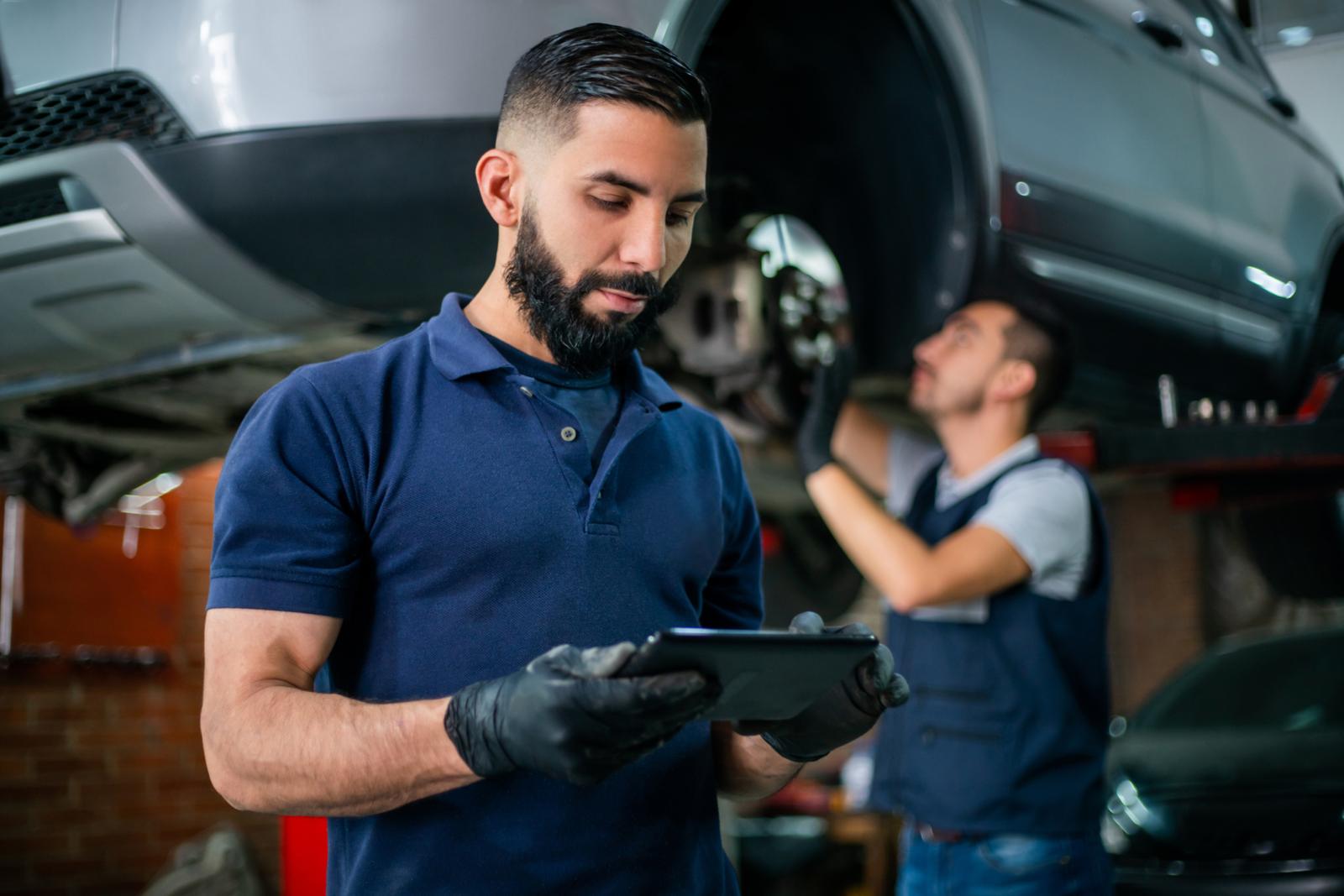
Thatcham Research has launched its new EV Alert service to support the safe and efficient repair of EVs.
It will be accessible via Escribe, the repair methods platform which provides insurance engineers, vehicle damage assessors (VDAs) and repairers access to methods, recommendations, technical information, times, parts and advanced driver assistance system (ADAS) fitment information.
It highlights high voltage (HV) systems before any repair work begins, allowing VDAs and repair teams to accurately triage vehicles and assess the required resources, skills, health and safe requirements, and correct procedures to carry out safe repairs.
The service also covers a wide range of EV types, including full electric, hybrids, plug-in hybrids, fuel-cell electric, and range-extended EVs.
Dean Lander, head of repair sector services at Thatcham Research, said: “EV Alert enables accurate decision-making during the assessment phase, helping repair teams to identify critical steps for safe handling of electric vehicles.
“It also offers unmatched efficiency as repair technicians and VDAs can access crucial HV system information in just two clicks - avoiding hours of trawling through complex manufacturer documentation.”



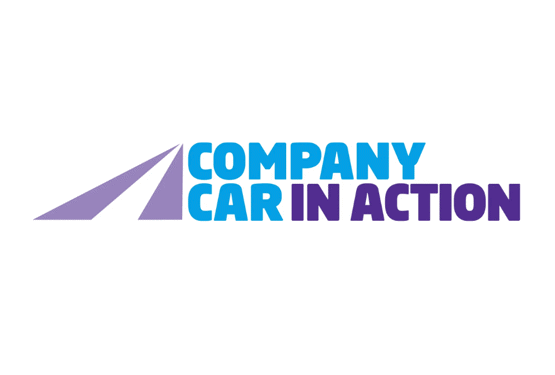
















Login to comment
Comments
No comments have been made yet.